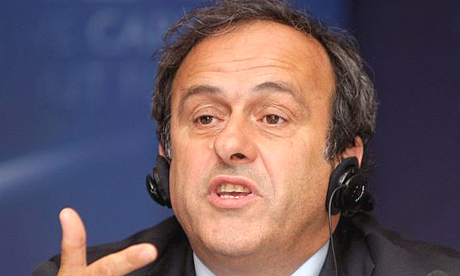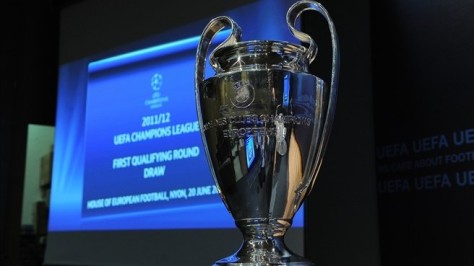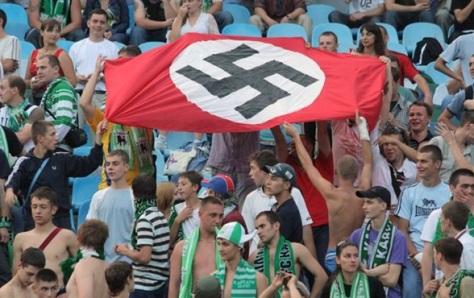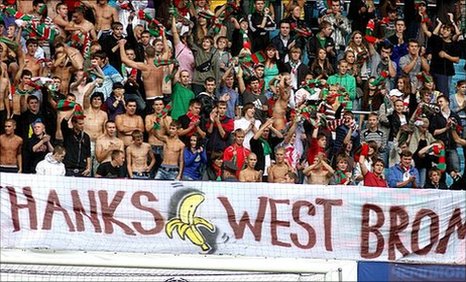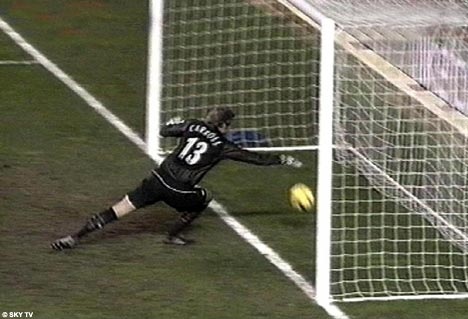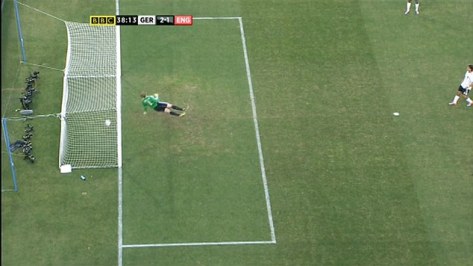It is fair to say that the Champions League is slowly losing the spark it once used to have. This is shown by decreasing interest from viewers, reduced revenue and a host of other things. It is considered the biggest club competition in the world, yet people are increasingly finding themselves questioning the competition and whether it is anywhere near as good as it used to be.
In recent years, it seems as though neutral fans have found it hard to salivate over the Champions League. Admittedly it gathers pace in the knockout stages, but the group stages tend to send the average football fan to sleep. If you take the example of this year’s Champions League, I find it hard to pick a game which genuinely excited me. It seems as though the epic games of old, coupled with constant unpredictability, are a distant memory which has been replaced by predictable match-ups between the finest teams on the continent. Such games tend to be surrounded by enormous hype, yet they have consistently failed to live up to expectations over the years.
Such problems have led to the ever controversial figure that is Michel Platini to propose a new format to European club competition. He has suggested the idea of scrapping the Europa League and expanding the Champions League to 64 teams instead of the current 32. For me, I feel that this is just another one of Mr. Platini’s unimaginative and quite frankly idiotic proposals. Many people tend to disagree with what I’m saying in this aspect, but I feel there is genuine reasoning behind my thinking.
Now if you look at the concept of what the competition is, it is essentially the best teams in Europe competing for the prize of being the number one team in European football. One of the main problems with the competition is the quality of some of the lower ranked teams. It is believed that there are many teams who essentially aren’t in the bracket of the best teams in Europe. Surely adding another 32 ‘mediocre’ teams to the pot adds to this problem? For me, doubling the amount of teams will end up stretching out a competition which is already stretched out far enough. What I mean by this is that people start to find the competition more interesting the further along it gets. Adding more teams and stages to the tournament expands the possibility for more uneventful and boring encounters as well as increasing the possibility of people losing interest altogether.
Of course such a proposal benefits teams such as my club Fulham as it makes the possibility of entering the Champions League more realistic, however I realise that at this current moment, my team isn’t good enough to add to the competition. Indeed it will bring more revenue to the so called lesser clubs, but it removes a lot of integrity from the competition. It is no longer the best teams in Europe competing for the trophy, but a bunch of European teams in a competition.
I feel that there are better ways of dealing with the problem in hand. For starters, I wouldn’t scrap the Europa League. We have this general consensus in this country that nobody takes the competition seriously simply because most of our clubs do not. You will find that throughout Europe, the Europa League is highly regarded. In regards to the Champions League, maybe a more strenuous qualifying system should be implemented. For example, some countries maybe should not be allowed to compete on the big stage until they have proven themselves to be up to the standards of other teams. You will find several teams at the beginning of the qualifying process who have players who aren’t fit enough to play even one half of football. When you remind yourself that it is classed the best European club competition, why should such teams be allowed to compete?
Something needs to be done to help solve this problem that we face, but it is hard to distinguish a solid idea to help improve the Champions League. However I do not feel what Mr. Platini is proposing is an idea that will be beneficial. It is a shame to see such a brilliant competition slowly losing its spark. If such an idea is introduced, I do fear for the integrity of the renowned biggest club competition in the world. Personally, I hope it does not succumb to this as I feel it could be another nail in the coffin which really isn’t needed.
